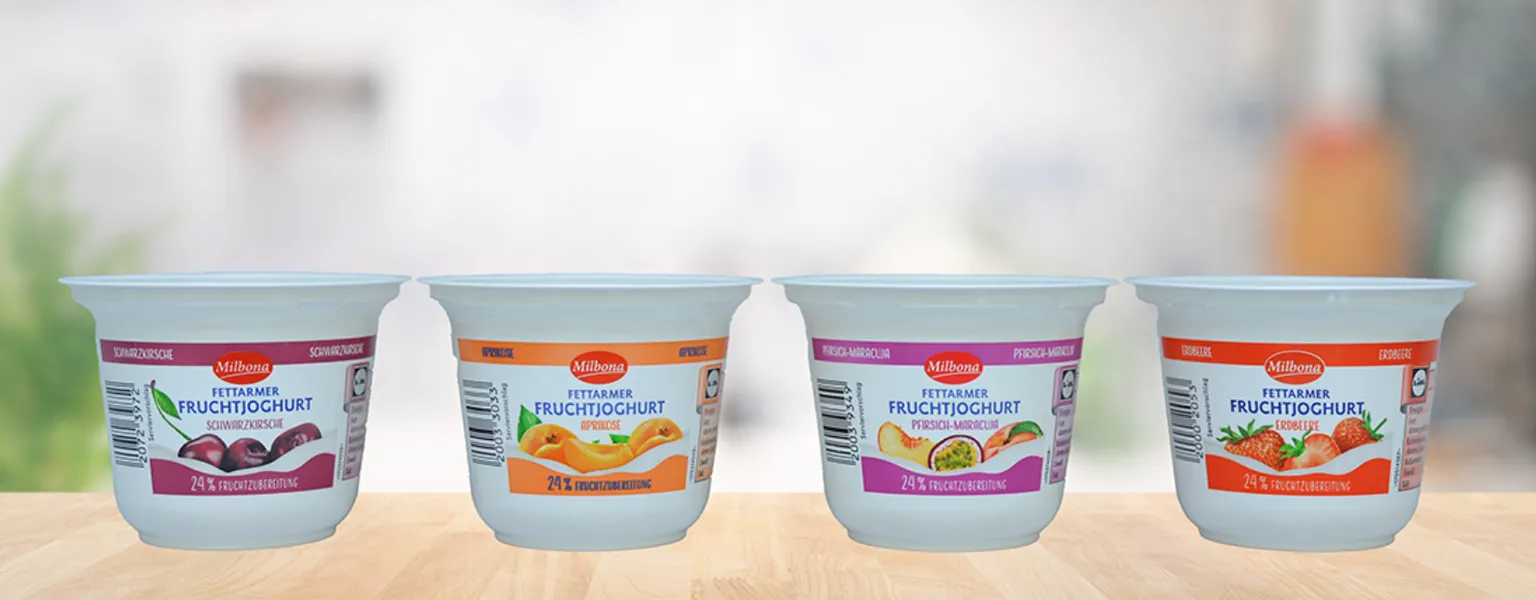Closing the loop: Recycled yoghurt pots achieve true circularity

Sustainability
A major step towards a circular economy in packaging has been achieved with the development of yoghurt pots made from mechanically recycled polystyrene. This innovation, spearheaded by INEOS Styrolution, ensures that used yoghurt pots can be recycled back into new ones without downcycling or compromising material quality.
The process relies on INEOS Styrolution’s patented “super clean process,” registered under EU regulation 2022/1616. This technology ensures food-grade quality for the recycled material, matching the physical properties of virgin polystyrene. As a result, the new yoghurt pots are safe for food use while significantly reducing their environmental footprint compared to traditional materials.
Consumer trials have shown strong support for the innovation, with 90% of participants indicating they would purchase products packaged in recycled polystyrene. The initiative also revealed that consumers are open to variations in the appearance of recycled packaging, such as a shift away from plain white designs.

These revolutionary yoghurt pots are set to hit Lidl supermarket shelves in early 2025, marking a milestone in sustainable packaging and highlighting the potential of mechanical recycling to close the loop on plastic waste.
Dr. Frank Eisenträger, ECO & Market Development Manager, INEOS Styrolution, said: “Polystyrene arrived in the champions league of recycled food contact materials. It will enable producers to meet the new requirements of the new EU directive PPWR for packaging and packaging waste.”
Lena Lembach, Senior Packaging Development, INEOS Styrolution, commented: “This is a milestone achievement on our common way to perfect circularity for polystyrene cups and towards fulfilment of the PPWR requirements as well as our own CO2 footprint reduction targets.”
Related News
-
Sustainability
Waitrose to pilot ready meal trays made from household recycling materials
-
Sustainability
CLUBZERØ and Barclays introduce reusable ice cream pots at Wimbledon
-
Sustainability
Quaker Oats ditches plastic: Introduces paper pots
-
Sustainability
Pot Noodle trials switching iconic plastic pot to paper
-
Sustainability
Belgian retailers unite for reusable mushroom packaging trial




